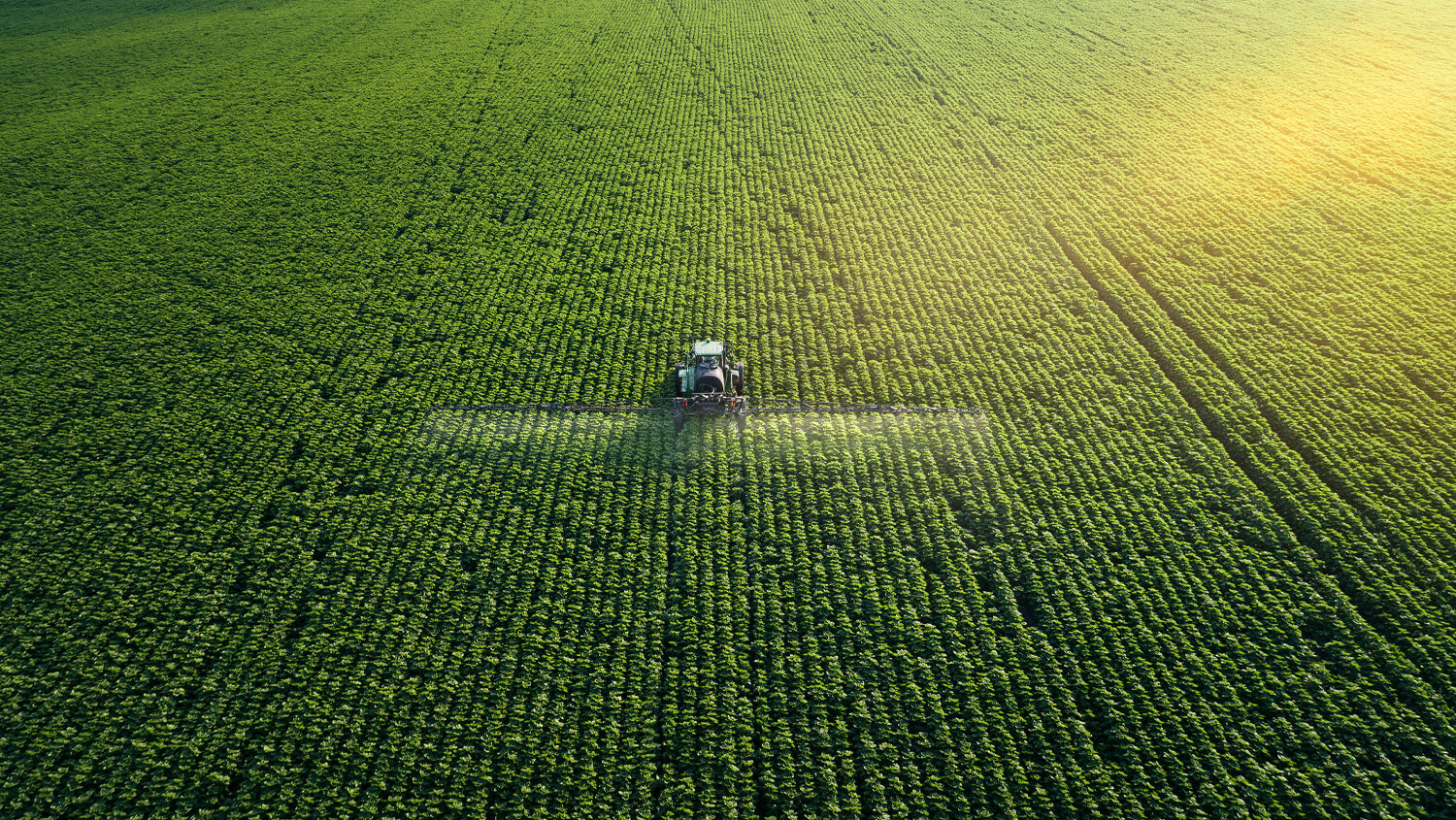
Fertilizer Shortages Threaten Food Supply
The cost of food is going up as farmers struggle to afford fertilizer. Since Russia is the world’s largest exporter of synthetic fertilizer, the war in Ukraine is disrupting supplies. Western sanctions against Russia have prompted ships to stop calling on St. Petersburg, a Russian port city that exports much of the world’s fertilizer supply. The result? Farmers are paying three times as much for fertilizer this year than they paid in 2020, and they’re passing along the cost to consumers.
According to the Fertilizer Institute, the cost of urea shot up $400 per ton between July 2020 and February 2022. This spike will affect food prices as even North America’s Great Plains has soil so degraded by decades of industrial agriculture that fertilizer is required for plant growth. “Experts estimate that without fertilizer, we would be without 50 percent of our food supply,” Kathy Mathers at the Fertilizer Institute told the Epoch Times. “Fertilizer is absolutely necessary for plant growth. If farmers don’t get it, they are not going to be able to grow the crops we need to eat.”
Peru has declared a state of emergency in its agriculture sector over fertilizer shortages, while farmers in Kenya and Zimbabwe are reverting to using manure to nourish their crops. American farmers are still using synthetic fertilizer, but they anticipate paying 12 percent more for it this year than they did last year. This is one of the reasons why Joe Biden is warning that the world will experience food shortages due to Russian President Vladimir Putin’s invasion of Ukraine.
“It’s going to be real,” Biden said at a news conference in Brussels. “The price of the sanctions is not just imposed upon Russia. It’s imposed upon an awful lot of countries as well, including European countries and our country as well.”
In addition to a short-term price hike, fertilizer shortages reveal a much bigger strategic threat to humanity. In “Half the World Would Starve Without Natural Gas—Much of It Fracked,” David Nabhan wrote that food grown with naturally fixed nitrogen only feeds 3.8 billion people today. That means half of humanity is reliant on synthetic nitrogen derived from natural gas via the Haber process for the food they eat. Therefore, an economic siege or supply chain crisis that deprives a region of nitrogen fertilizer could create a famine of biblical proportions.
And since Russia and China are the world’s biggest fertilizer exporters, Western nations would suffer most in such a famine. Prophecies in Deuteronomy 28, Isaiah 23 and Ezekiel 5 describe the devastating effects that trade war and economic besiegement will have on America and other nations in the end time, while Joel 1 describes famine.
“The field is wasted, the land mourneth; for the corn is wasted: the new wine is dried up, the oil languisheth. Be ye ashamed, O ye husbandmen; howl, O ye vinedressers, for the wheat and for the barley; because the harvest of the field is perished. The vine is dried up, and the fig tree languisheth; the pomegranate tree, the palm tree also, and the apple tree, even all the trees of the field, are withered: because joy is withered away from the sons of men” (Joel 1:10-12).
This is a prophecy about corn, wheat and barley grown in America’s Midwest perishing; about grapes, figs and pomegranates grown on America’s West Coast drying up; about apples grown in Washington and Michigan withering.
The Prophet Joel continues: “How do the beasts groan! the herds of cattle are perplexed, because they have no pasture; yea, the flocks of sheep are made desolate. O Lord, to thee will I cry: for the fire hath devoured the pastures of the wilderness, and the flame hath burned all the trees of the field. The beasts of the field cry also unto thee: for the rivers of waters are dried up, and the fire hath devoured the pastures of the wilderness” (verses 18-20).
Even farm animals will starve. Drought and wildfires will dry up their pastures and burn away their forage. Such disasters are sent by God to destroy America’s food, even as foreign nations refuse to sell agricultural produce to the United States. Obviously, these curses are caused by more than just a lack of fertilizer, but a trade war with Russia and China involving synthetic fertilizer would certainly make it difficult for America and other nations to produce the food it needs, especially if rioting and other domestic problems sabotaged America’s natural gas industry.
America’s current agricultural crisis is setting the stage for these sobering prophecies to be fulfilled.
